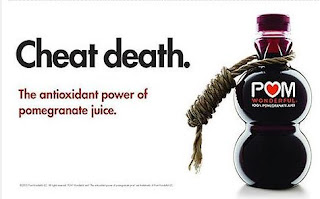The U.S. Department of Agriculture’s Foreign Agricultural Service (FAS) added four regional Web pages: Western Hemisphere, Europe, Africa and the Middle East, and Asia and Oceania. These regional pages link to country pages, which provide essential demographic, economic and political information. The regional pages are available here.
In addition, the FAS Web site includes many searchable databases providing export, import, production, supply, and distribution data, as well as export sales reports and market reports from U.S. agricultural trade experts stationed in 97 offices around the world. The database information is available here.





